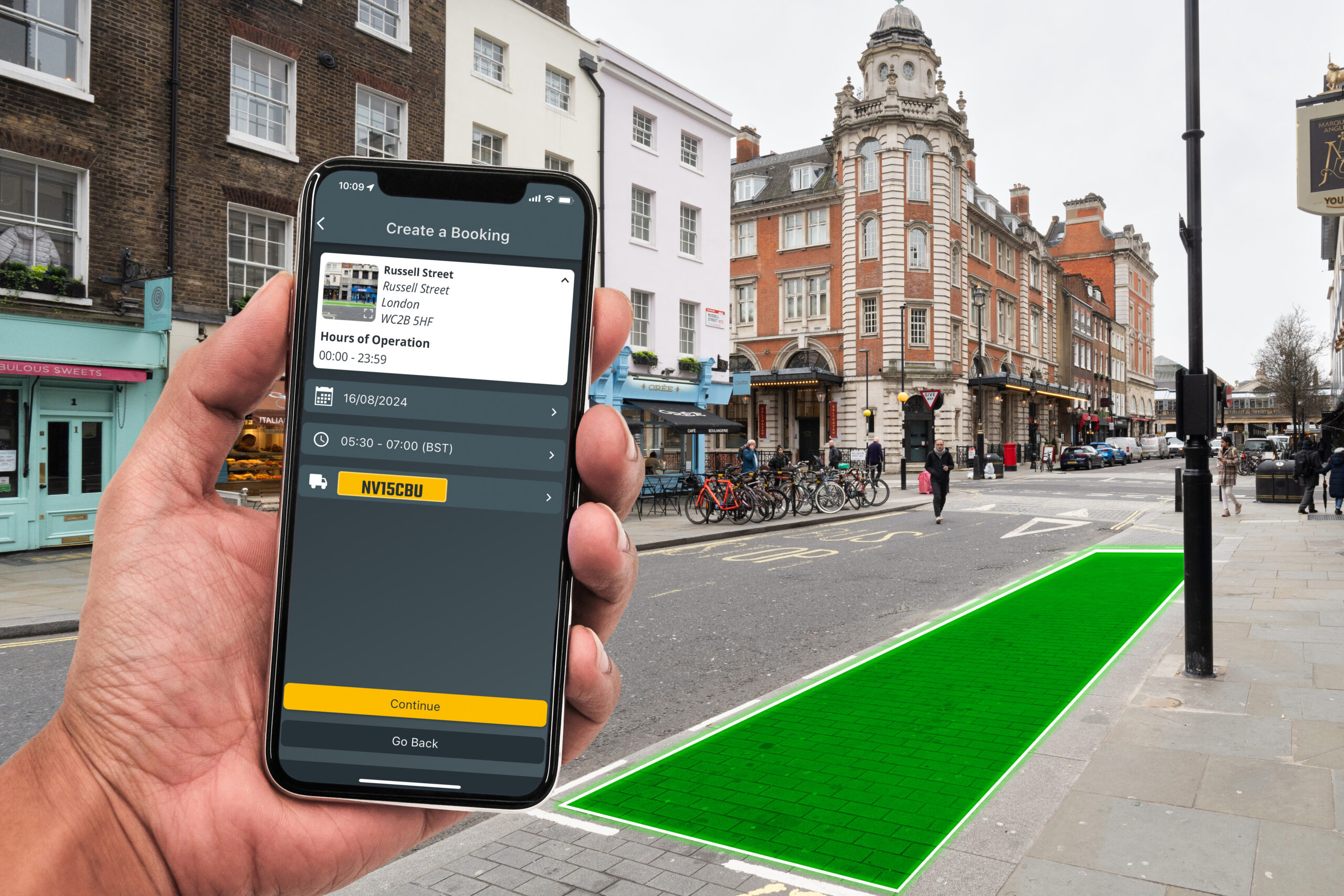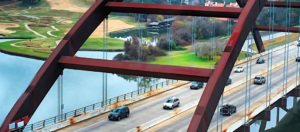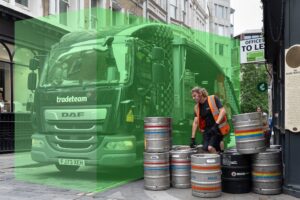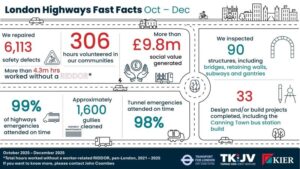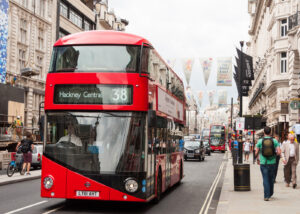One of the UK’s leading transport technology entrepreneurs is highlighting London’s constant embracing of innovation to reduce traffic congestion, as new figures suggest the city’s drivers sit in congestion for more than a hundred hours each every year.
The latest INRIX traffic scorecard found London to be Europe’s most congested city, with, on average, each driver sitting in traffic two per cent more in 2024 than 2023.
However, Neil Herron, founder and CEO of kerbside management company Grid Smarter Cities, told Highways News the Capital is working hard to minimise the effect of congestion by leading on innovation pilots.
“Talk about traffic management in London and people will immediately think about the Congestion Charge and ULEZ, but there are so many more subtle innovations being implemented,” Mr Herron explained. “From my own experience, boroughs across the Capital have been the keenest I’ve spoken to when it comes to trying clever technology, And London is certainly leading the way globally recognising the potential in unlocking the value of the kerb.
“We’ve been involved in projects in six different boroughs. For example, Westminster’s using our Kerb® management solution to enable delivery drivers to remotely reserve loading and unloading slots at physical loading bays, meaning they get surety of a space in advance. This reduces idling and search time and also allows them to park long enough to make onward deliveries by greener modes, such as by foot or cargo bike.
“Meanwhile, our Virtual Loading Bays are being used in Southwark, Lambeth, Richmond, Camden Town and the City of London to enable easier access for delivery drivers using our Virtual Loading Bays which allow drivers book and get permission to stop on kerbside that is usually restricted, at times agreeable to both the logistics company and the authority.”
One of the beneficiaries of Virtual Loading Bays is the pub industry, which has experienced easier deliveries of their heavy loads. “The Brewery Logistics sector has key health and safety considerations when delivering to hospitality venues,” explained John Crosk, Chairman at The Brewery Logistics Group. “To deliver beer to a pub we require at least three feet of space around the back of the vehicle. The Virtual Loading Bay booking capability helps our members with access, compliance and delivery certainty.”
The Kerb® suite comes with a driver-friendly app, online interface and dashboard for fleet managers, and is accompanied by an on-street e-ink sign. Drivers can report rogue vehicles if the space they booked is occupied on arrival. They are then directed to a safe alternative location nearby, which means they can still deliver their goods safely and on time to their end destination.
“We’re proud to have introduced London’s first kerbside management scheme,” commented Cllr James McAsh, Cabinet member for the Climate Emergency, Clean Air and Streets at the London Borough of Southwark. “This practical solution helps ensure smoother operations for delivery drivers and shoppers while supporting local businesses.”
His support for better kerbside management was echoed by Cllr Paul Dimoldenberg, Westminster’s Cabinet Member for City Management and Air Quality who has introduced the booking technology for physical bays. “There’s no driving around looking for a space in a busy central London location, like Covent Garden or Victoria, where we’ve got the first two trials,” he explained. “This gives the distribution companies the ability to pre-plan where they are going to park, so they’ve got a defined time to deliver the goods. And they can do it quickly, efficiently and without any fuss or delays.”
Mr Herron commented that, while London is a congested city, this shows that the boroughs are working hard to solve their traffic challenges. “Yes, London faces a challenge, but the INRIX numbers show there are similar challenges in other world cities such as New York, Paris, Los Angeles and Mexico City,” he concluded. “But take it from me, they’re not sitting on their hands just letting the traffic build up, they’re working on making sure that vital deliveries and collections are being handled in the cleanest, most efficient way to minimise congestion caused by freight and logistics.
“Kerb® can address a small problem area or be taken to scale across a city delivering full depot-to-destination kerbside solutions. Furthermore, we’ve made sure it’s based around current legislation – not a solution that relies on the law catching up. VLBs don’t need a new traffic order either, just a quick check of the wording in the schedules, then it’s good to go.”
The INRIX Traffic Scorecard is calculated using INRIX’s Floating Vehicle Data – a technique which analyses the movement of a network of anonymised sensors, devices, cars and drivers from sources, including commercial fleets, delivery and taxis, cameras as well as consumer vehicle data.
(Picture – Grid Smarter Cities)



